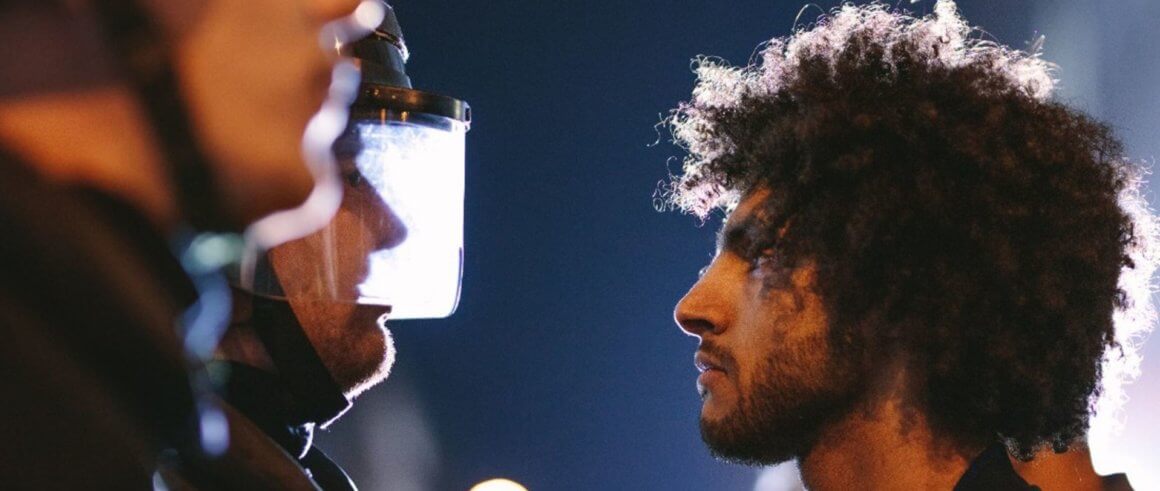H360 and FHC Foundation launch webinar series to discuss violence and drug legalization
The first meeting took place on September 9 with the theme “Racism and Public Security,” and was attended by Hélio Santos, lawyer Elizeu Lopes, historian Dudu Ribeiro and sociologist Samira Bueno.
The Humanitas360 Institute and the Fernando Henrique Cardoso Foundation held on September 9 the webinar “Public Security and Racism,” the first of four panels that will address topics such as the war on drugs policy, medical cannabis legalization, violence and racial issues. Professor Hélio Santos, São Paulo Military Police public advocate Elizeu Lopes, historian Dudu Ribeiro and sociologist Samira Bueno joined the first debate.
The first round of the debate contextualized the relationship between racism and public security. Co-founder and coordinator of the Iniciativa Negra (black initiative) organization, Dudu Ribeiro recalled the process of slavery and the deep marks it left in Brazilian society. “Ideas of crime, chastisement and punishment are related to the slavery process in Brazil. The enslaved person was not considered a human being, they were only criminalized,” he said.
“Drug policy explains much of this problem, but history shows we are a violent nation,” said Samira Bueno, social scientist and Brazilian Forum for Public Security director. The latest Violence Atlas, released in August 2020, found that 75.5% of homicide victims were black.
Elizeu Lopes, lawyer and public advocate of the Military Police of the State of São Paulo, confirmed that there is racism within the police. “It is evident that there is racism in the police, just as it exists in other parts of society. We also did not see, 50 years ago, black people portrayed as artists, scientists, thinkers.” Recent cases show violent actions by the military police of Sãp Paulo, having the black population as the main target, as in the case where a policeman was filmed while stepping on the neck of a 51-year-old black woman to immobilize her.
Hélio Santos — who is a socio-racial activist, author of “The Search for a Way to Brazil” and an Humanitas360 advisor — pointed to the need to build public policies committed to the elimination of structural racism. According to him, “the policemen have become politicized, bullet-loving congressmen call for more weapons, while we focus on the effects. It is like wiping ice. Structural racism requires public policy.”
The discussion brought key points for understanding the relationships between violence, racism and public security, and it is available in its entirety as a podcast on the FHC Foundation’s Spotify profile. The next webinar will be held on October 20 and it will address citizen activism for medical cannabis access. The panel will be joined by congressman Luciano Ducci, rapporteur of a bill willing to regulate cannabis planting for medical and industrial purposes in the Chamber of Deputies; Cidinha Carvalho, president of CULTIVE – Cannabis and Health Association; Dr. Pedro Pierro, a neurosurgeon and one of the leading researchers on cannabis treatment for medicinal purposes, and Emílio Figueiredo, a lawyer who has been working with law and cannabis in Brazil since 2004. The conversation will be moderated by journalist Valéria França, owner of the Cannabis Inc blog on Folha de S. Paulo.

